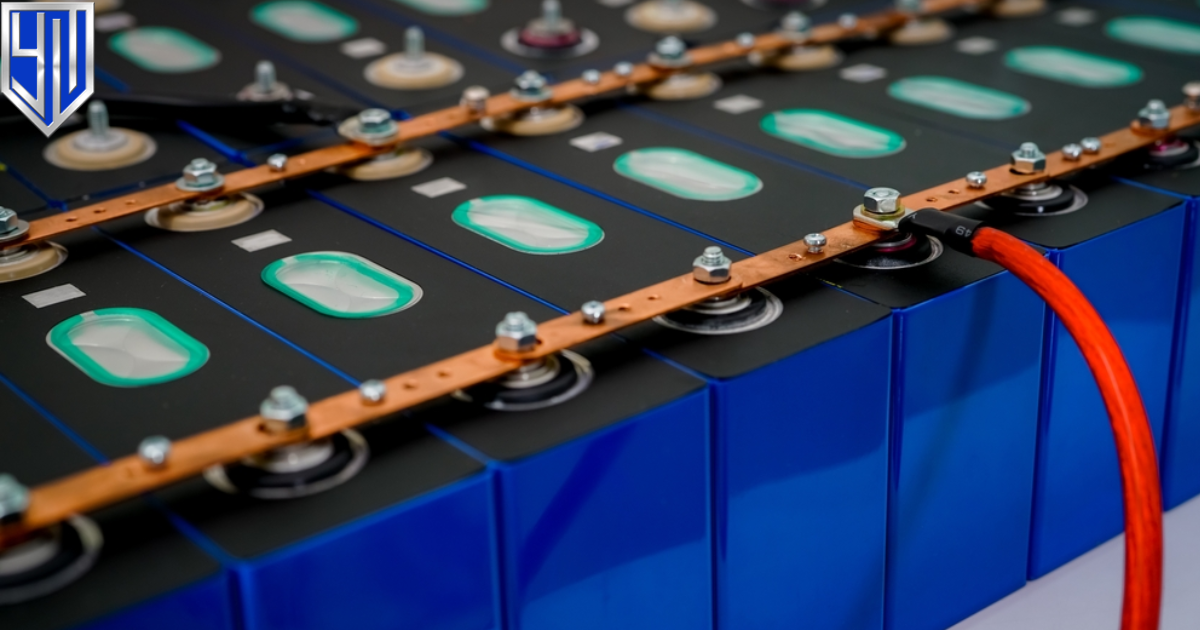Lithium battery packs have revolutionized the landscape of portable electronics and electric vehicles, offering advanced technology that combines high energy density, lightweight design, and efficient performance. Understanding the types, designing considerations, safety features, and performance metrics of lithium battery packs is crucial for harnessing their full potential in various applications.
Types of Lithium Battery Packs
Lithium battery packs are primarily categorized into several types based on their construction and chemistry:
- Lithium-Ion (Li-ion) Batteries: These are the most common type of lithium batteries, known for their high energy density and long cycle life. Li-ion batteries are used in smartphones, laptops, and electric vehicles due to their reliability and performance.
- Lithium Polymer (LiPo) Batteries: LiPo batteries offer flexibility in shape and size due to their polymer electrolyte. They are lightweight and commonly used in drones, RC vehicles, and wearable devices where compact design and high discharge rates are essential.
- Lithium Iron Phosphate (LiFePO4) Batteries: LiFePO4 batteries are known for their stability, safety, and longer cycle life compared to other lithium-ion chemistries. They are used in applications requiring high discharge rates and where safety is paramount, such as solar energy storage systems and electric vehicles.
Designing Considerations
Designing a lithium battery pack involves several critical considerations to optimize performance and safety:
- Cell Arrangement: The arrangement of individual cells within the pack affects voltage, capacity, and overall performance. Series and parallel configurations are used to achieve desired voltage and capacity ratings.
- Battery Management System (BMS): A BMS monitors and manages the charging, discharging, and balancing of cells within the pack. It ensures optimal performance, prevents overcharging or over-discharging, and enhances safety.
- Thermal Management: Effective heat dissipation is crucial to maintain battery efficiency and lifespan. Heat sinks, cooling fans, or passive cooling methods are employed to manage temperature fluctuations during operation.
- Mechanical Enclosure: The physical enclosure of the battery pack protects cells from external impacts, vibrations, and moisture. It should be robust yet lightweight to ensure durability and portability.
Safety Features
Ensuring safety is paramount in lithium battery pack design due to their high energy density and potential risks:
- Cell Balancing: BMS ensures that cells are balanced in terms of voltage during charging and discharging, preventing overcharging or undercharging of individual cells.
- Overcharge and Over-Discharge Protection: Integrated circuits and software algorithms in BMS protect against overvoltage and undervoltage conditions, extending battery life and preventing damage.
- Thermal Monitoring: Temperature sensors and thermal cutoff switches detect overheating and activate safety mechanisms to prevent thermal runaway and fire hazards.
Performance Metrics
Key performance metrics of lithium battery packs include:
- Energy Density: Measured in watt-hours per kilogram (Wh/kg), energy density determines how much energy the battery can store relative to its weight. Higher energy density results in longer runtime for devices or vehicles.
- Cycle Life: The number of charge-discharge cycles a battery can endure before capacity drops significantly. Longer cycle life batteries are cost-effective and reliable for long-term use.
- Charge Rate: The speed at which a battery can be charged without compromising safety or longevity. High charge rates enable quick recharge times, improving user convenience and device uptime.
In conclusion, Lithium battery packs represent the pinnacle of energy storage technology, combining high performance, safety, and versatility across various applications. Understanding their types, designing considerations, safety features, and performance metrics is essential for leveraging their capabilities effectively. Choose Yukinova Batteries for your lithium battery pack needs and experience superior quality, reliability, and innovation in energy storage solutions.
Yukinova Batteries leads the industry in advanced lithium battery solutions, offering a diverse range of battery packs tailored to meet diverse application needs. With a focus on safety, performance, and reliability, Yukinova Batteries ensures that your devices and vehicles operate at peak efficiency. Explore our comprehensive range of lithium battery packs today and discover the Yukinova difference in powering innovation.
